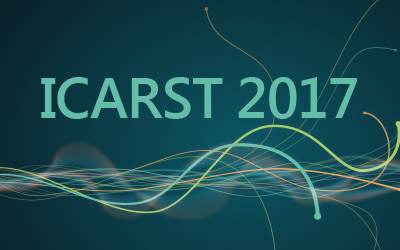Speaker
Mr
Jinhong Kim
(Korea Atomic Energy Research Institute, Korea, Republich of)
Description
Developing a new substance takes a large amount of time, money and effort in the pharmaceutical developing process. Usually, translation of a promising molecule into an approved drug takes more than 10 years. Therefore, it lead to develop advance techniques to reduce the time and cost. We have attempted to develop radiation fusion technology for transforming toxic substances such as abandoned drugs and naturally occurring polyphenols, known to toxic, in order to reduce their toxicities. About 200 substances were exposed by gamma irradiation, result in 18 compounds were generated with low toxicity compared to their mother compounds. For instance, rotenone, isolated from roots of derris plant, was reported as an anti-cancer agent. However, recent studies have demonstrated that rotenone has the potential to induce several adverse effects such as a neurodegenerative disease. Radiolytic transformation of the rotenone with gamma irradiation afforded new products, named rotenoisin A, and rotenoisin B monitored by HPLC and purified by column chromatography. It was found that rotenoisin A and B were potent anticancer candidates similar to parent rotenone in breast cancer and hepatic cancer cells, respectively, without toxic effect to normal cells even at high concentrations compared to rotenone. These results suggest that the radiolytic transformation of high toxic compounds by gamma-irradiation may be a good strategy for modifying the structure and decreasing the toxicity of the parent compound. More systematic structural modifications together with gamma-irradiation will be performed in the future to further clarify these interesting findings in order to develop even more promising anti-cancer candidates.
| Country/Organization invited to participate | Korea, Republic of |
|---|
Primary author
Mr
Hyoungwoo Bai
(Korea Atomic Energy Research Institute, Korea, Republich of)
Co-authors
Mr
Byung Yeoup Chung
(Korea Atomic Energy Research Institute, Korea, Republich of)
Mr
Jinhong Kim
(Korea Atomic Energy Research Institute, Korea, Republich of)

